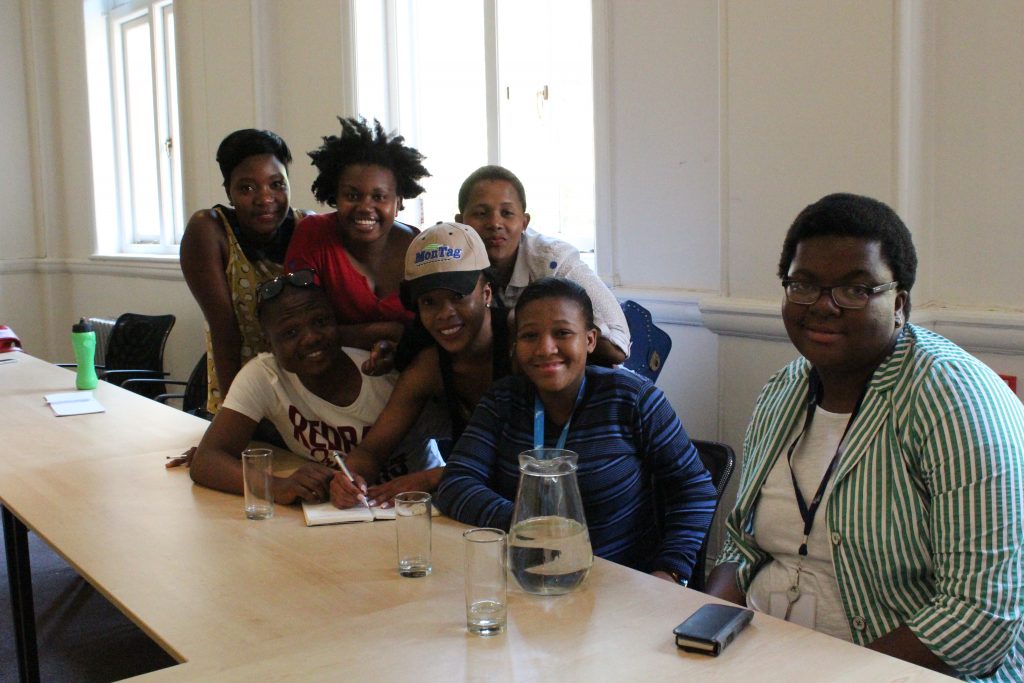Siyakha Youth Assets Testing and Evaluating the Impacts of Youth Employability Interventions

Overview
- Objective: The primary research objective was to examine the causal impacts of youth employment and financial inclusion programs on financial capabilities, employability, and longer-term employment effects for South African youth.
- Initiative/Approach: The Siyakha Youth Assets Project was a cluster-randomized, longitudinal research project. The study partnered with eight nationally recognized youth employability programs (YEPs) in South Africa. Each program varied in size and scope; however,all of the selected programs offered life skills training, technical and/or vocational skills training, and opportunities to increase work experience.
- Findings: Initial evidence coming from follow-up data analysis from post-test results points to how young people continue to be “locked out” of the labor market. The findings show that after participating in a youth employability program, participants are reporting sustained or more positive outcomes on factors that could ultimately help them break through the barriers they face.
Details
Partners
Research Partners
Implementation Partners
- NYDA YouthBuild
- loveLife groundBREAKERS
- Afrika Tikkun
- Thabiso Skills Institute
- Raymond Ackerman Academy
- Harambee
- EOH Proserv
- Fit for Life, Fit for Work
Funding Partners
Contributors
Back to InitiativesIn South Africa, there are 3.8 million young people between the ages of 18 and 25 who are either unenrolled in education, unemployed, or without training. The cost of pursuing higher education coupled with increased school dropout and attrition rates has only made youth unemployment worse.
Launched in 2015, Siyakha sought to instill skills into youth that enable them to function effectively in the workplace, develop technical and/or vocational abilities, and have opportunities to increase work experience. Partnered with eight nationally recognized programs in South Africa, Siyakha is an evidence-based study examining the causal impacts of financial inclusion and intervention programs. These programs differ in size and scope, some ranging from one year to one week with a combination of classroom or workplace-based training.
44 clusters or sites were evaluated, with 22 sites receiving financial literacy training, standard programming, & a youth-friendly product while the others were treated as a control group. At the time of the baseline study, 80% of participants were unemployed, 73% had experienced bouts of chronic unemployment, and only 17% had been self-employed. Following Siyakha’s training and education, each participant exhibited the desire and propensity for change; 89% reported budgeting and 60% reported doing something, such as saving, to plan for future expenses.
Location
South Africa
